A female-led crew trained for nine days in an undersea laboratory in the Atlantic to get a sense of what it’s like to live and work in microgravity.
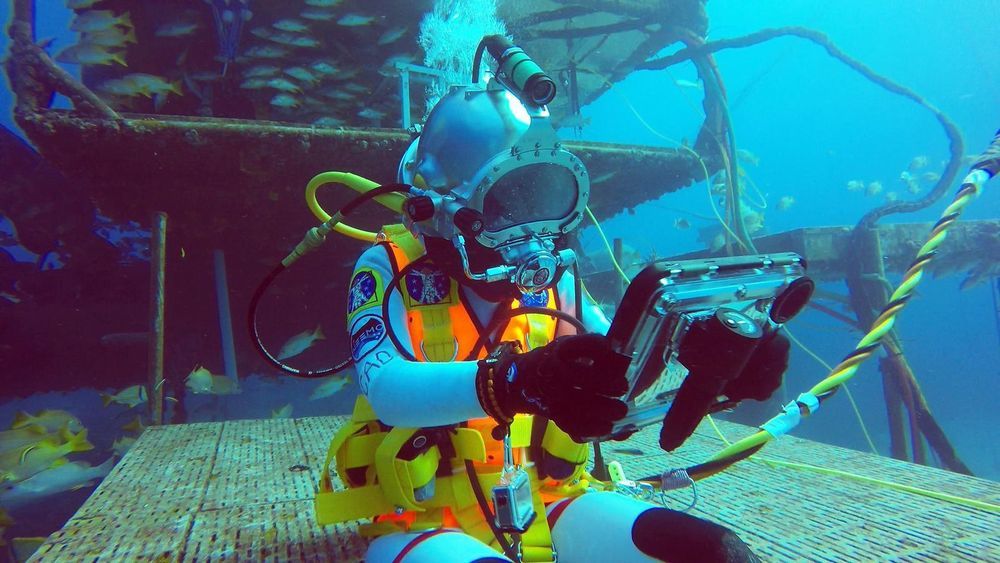


It’s the second time Kathy Sullivan has made history, this time with @EYOSExpeditions. #NASA
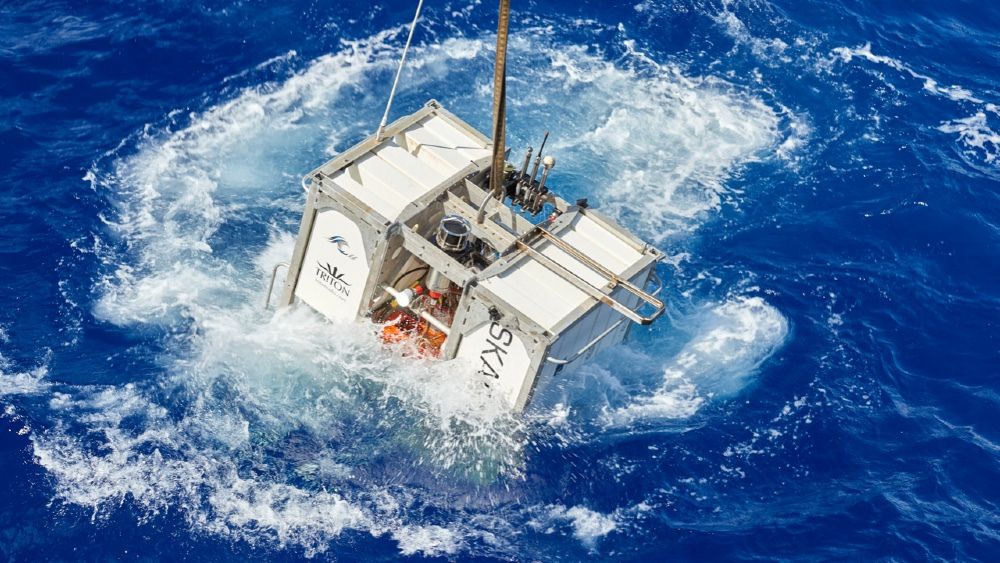
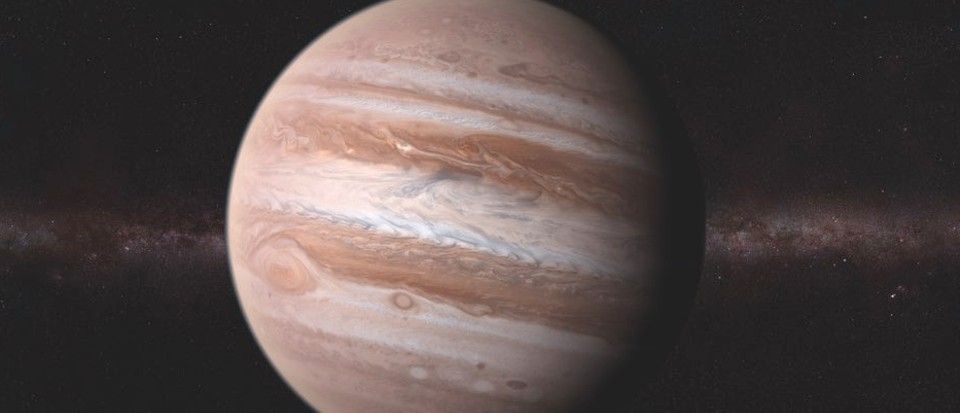
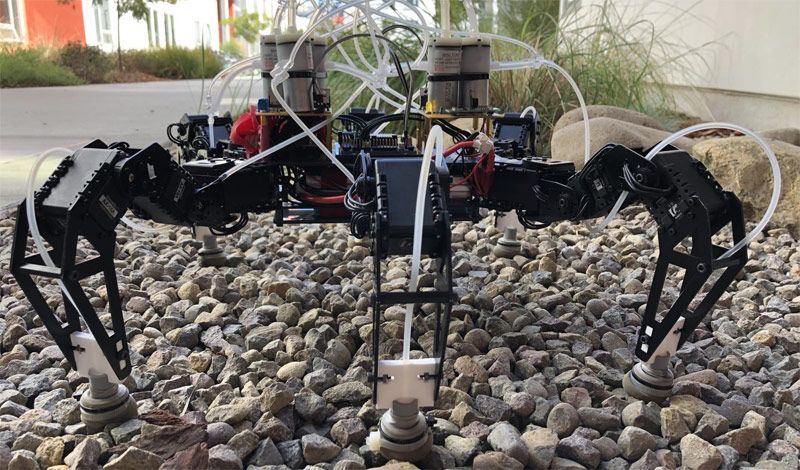
Researchers from the University of California San Diego (UCSD) have developed flexible feet that can help robots walk up to 40% faster on uneven terrain such as pebbles and wood chips. The work has applications for search-and-rescue missions, as well as space exploration.
“Robots need to be able to walk fast and efficiently on natural, uneven terrain, so they can go everywhere humans can, but maybe shouldn’t,” said Emily Lathrop, the study’s first author and a PhD student in the Jacobs School of Engineering at UCSD.
The researchers are presenting their breakthrough at the RoboSoft conference, taking place virtually from now until 15th July.
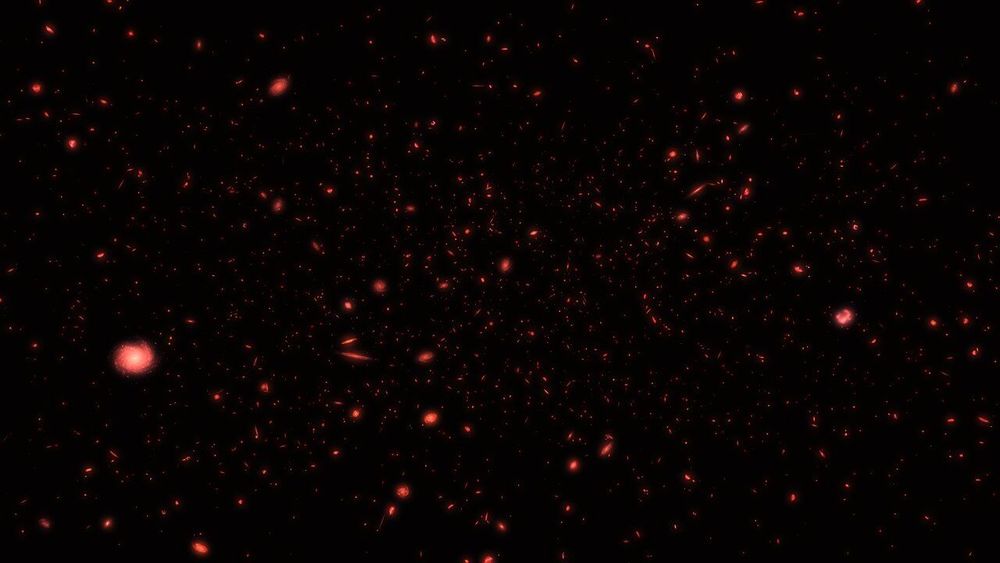
Astronomers don’t know exactly when the first stars formed in the Universe because they haven’t been observed yet. And now, new observations from the Hubble Space Telescope suggest the first stars and galaxies may have formed even earlier than previously estimated.
Why? We *still* haven’t seen them, even with the best telescope we’ve got, pushed to its limits.
A group of researchers used Hubble to look back in time (and space) as far as it could see, hoping to study these first generation of stars of the early Universe, which are called Population III stars. Hubble peered and squinted back to when the Universe was just 500 million years old – which is thought to be Hubble’s limit — and found no evidence of these very first stars.

NASA/ESA’s Hubble Space Telescope has just captured a striking new image of a globular cluster some 44,000 light-years away from Earth and 13,000 light-years from the heart of the Milky Way. NGC 6441 is a 13-billion-year-old collection of galaxies existing in the southern constellation of Scorpius,…

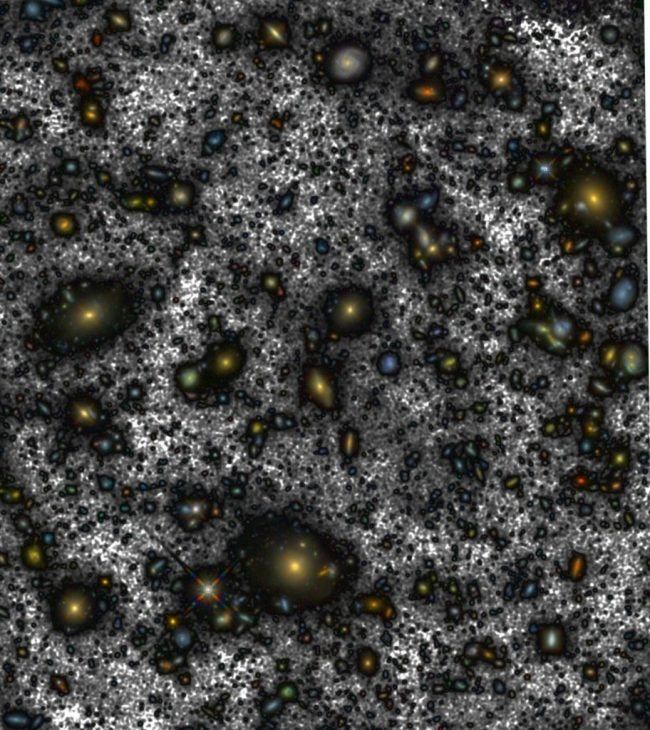
Although planets, stars, and galaxies all spin along an axis of rotation, new research suggests that the universe itself might also revolve around an axis, or several, but on a cosmic scale challenging one of the fundamental assumptions of astrophysics, the cosmological principle, which holds that the same physical laws are homogeneous and uniform, isotropic, everywhere in the universe. This exotic new theory paints a picture of a spinning universe that creates structural anisotropies and asymmetries on cosmic scales of hundreds of millions of light years.
Enter one Lior Shamir, a computational astronomer at Kansas State University, who presented evidence that has yet to be peer reviewed at the recent virtual Zoom meeting of the American Astronomical Society that the early universe rotated like an enormous, complex galaxy, and continued this momentum through the galaxies we see today, hinting that the early universe had a more uniform structure that it has been steadily losing through time, resulting in an increasingly chaotic cosmos.

This is the inaugural episode of my new podcast “Cosmic Controversy” which is available at the moment on Podbean. Many thanks to my first guest astrobiologist Lara Maldanis who talks about her and colleagues’ recent work in identifying ancient earth microfossils and how we can hope to identify microfossils on Mars.
Cosmic Controversy delves into current aerospace, astronomy, and astrobiology as well as long-standing issues in aerospace and aviation history…